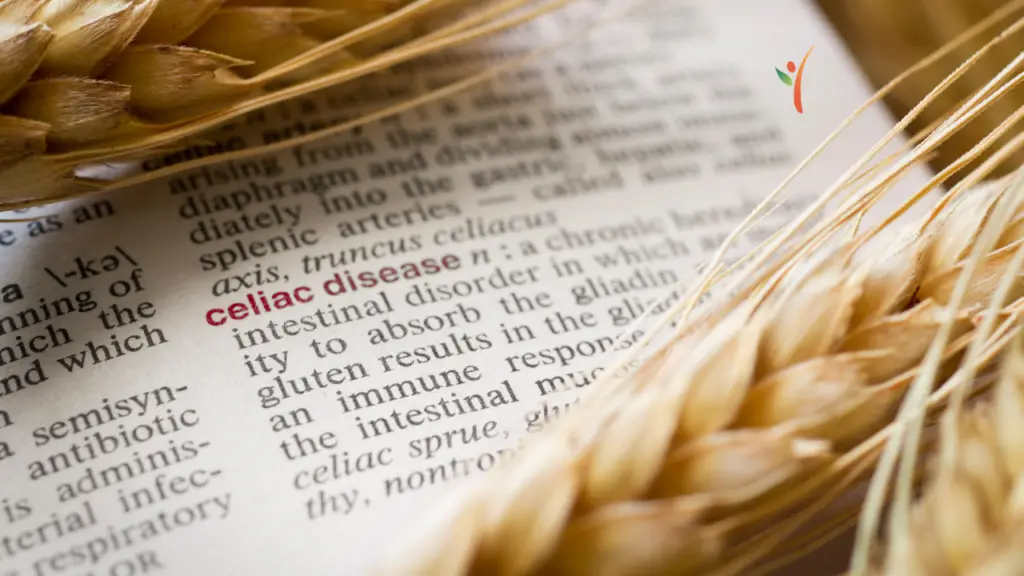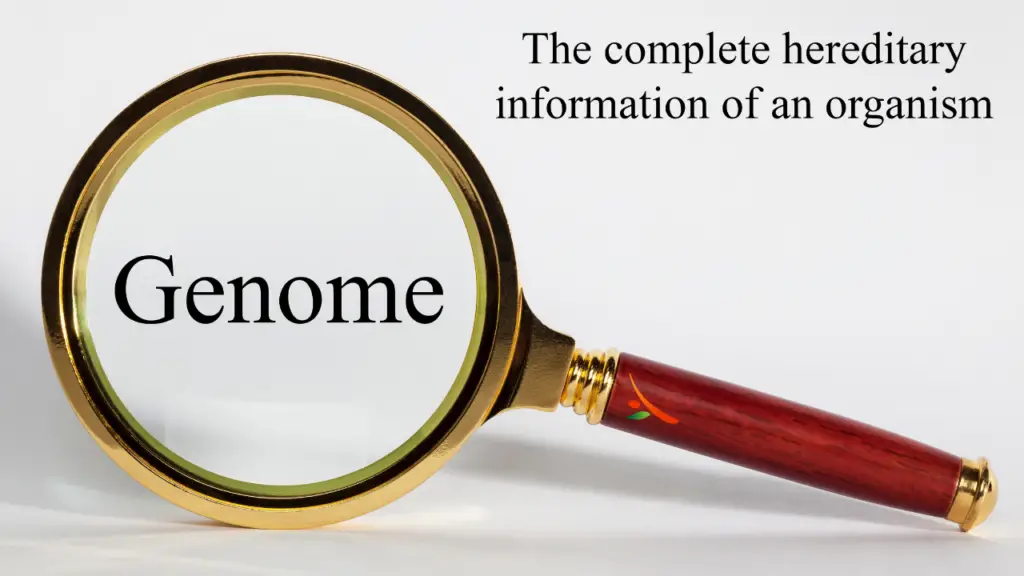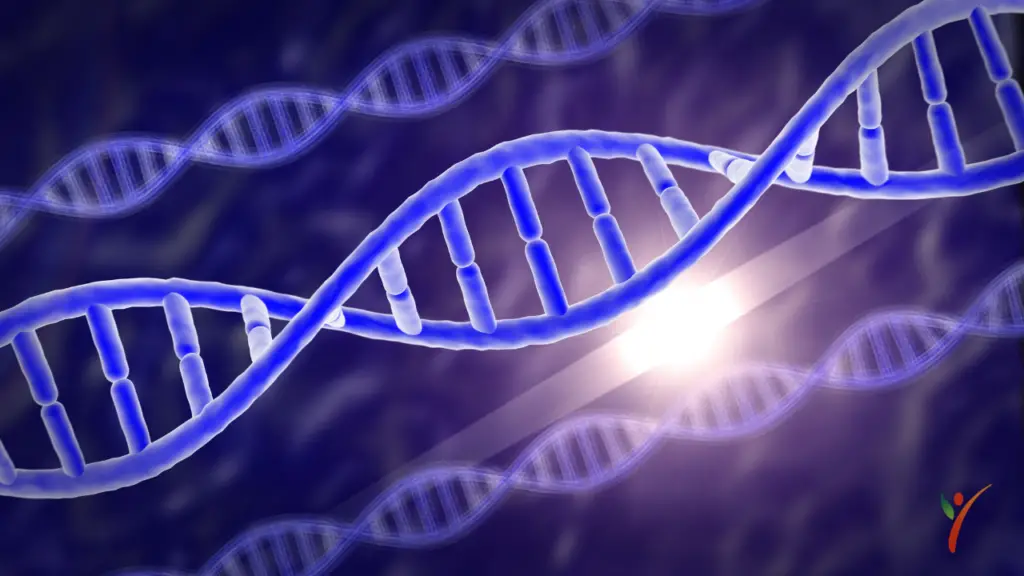If we look a decade back, very few organizations were taking an interest in gluten and its effects. If we fast forward to today, and you will find information about celiac disease and eating a gluten-free diet just about anywhere.
Eating a gluten-free diet for instance has many advantages like weight loss, control of blood sugar levels, and hormonal issues. However, these are not universal benefits. Some may get no benefit apart from weight loss.
Those with a gluten-intolerance must eliminate gluten from their diet, as consuming gluten deteriorates their health. In saying that, eating a gluten-free diet isn't about losing weight, but you may find this a delightful side effect of going gluten-free.

Gluten causes an autoimmune disease known as Celiac Disease. In this disease, when a person consumes gluten, the lining of their small intestine is damaged. If it is not taken care of, this disease can have lethal consequences. The damage to the intestine doesn't allow the absorption of nutrients.
We don't know exact statistics on how many people have this disease or how it gets so out of hand. But an estimate says that 3 million people are already affected by this autoimmune disease. And the spike continues to rise in the last 50 years.
For a better understanding of this surge, we need to understand the science behind it. And when we say science, we mean genetics; yes, many scientists claim that heredity causes celiac disease.
Let's dive into the genetics of gluten and get a fair idea of the same.
Gluten-Sensitivity And Celiac Disease
Before understanding the science, let's understand the term gluten. It is known that gluten is a protein found in grains like wheat, oat, and barley. Therefore, it helps the bread to rise and gives it that texture and shape. For instance, gluten helps to thicken sauces; one can easily find gluten in flavorings or preservatives for its absorbing and sticky features.
On a bare perusal of celiac disease and gluten insensitivity, one would think both to be a food allergy, which is not true. Celiac disease is not an allergy, but it is an autoimmune disease. Allergies involve a different branch of one's immune system. So calling celiac disease an allergy would be incorrect.

When someone has a gluten-sensitivity, they also suffer from a few Celiac disease symptoms. Celiac disease is a well-researched and debatable disease. Scientists and statistics are claiming that this is an inherited immune disease of the small bowel.
It may look like a small disorder, but it can be lethal if not taken care of and can also cause death.
The reason behind such fatal consequences is the consumption of gluten causes gut irritation. Antacids or tums cannot solve a person's irritation; instead, the body reacts to the gluten consumption as if a virus has attacked the body.
In the beginning, the symptoms are fatigue, bloating, skin rashes, and irritation, which can lead to serious health deterioration.
Gluten And Heredity
We know that diabetes, muscular dystrophy, sickle disease, etc., are known Hereditary diseases. But you'll be shocked to know that even the gluten disease, also known as celiac disease, is also genetic.
Let's go back to the basics.
If someone has celiac disease and consumes gluten, they will suffer from gut irritation. This gut irritation leads to damage in the small intestine, and if not taken care of, this can lead to ceasing the absorption of nutrients.
Once your small intestine stops absorbing nutrients, the body sees the effects of low energy levels, low BP, and low blood sugar levels.

Non-absorption of nutrients can lead to organ failure, and once a person reaches this stage, it is complex to undo the damage.
Now to connect this elaborate explanation to heredity is that this condition follows with a gene. Once the gene transfers, it is carried on with several generations. Gene carrying gluten insensitivity can easily pass on to the child.
Heredity is one of the many reasons for the peak in celiac disease. There is no surgical solution to celiac disease. However, the only escape is eliminating any gluten from your diet. One cannot alter the gene from gluten sensitivity to gluten acceptance. One can prevent their body from getting affected by the gluten but cannot control the gene.
Heredity is the major reason that 1% of the population is suffering from this disease, and the gene is passed down from generation to generation.
In other words, if your parents suffer from this disease and want to know whether you may suffer the same fate, you can get a genome test.

Genome test studies the common gene shared by the parent and their offspring. In other words, if the parents and child share the gluten gene, they will most likely have celiac disease.
The Problem With Gluten
The comedy of errors by gluten has no end. On the one hand, many people suffer in silence due to misdiagnosis, whereas others self-diagnose them incorrectly.
It comes down to the gut, in both of these cases. The main reason behind the misdiagnosis is there aren't any universal symptoms. Every person reacts to gluten in their way. And few doctors have made a list of symptoms when a person's symptoms don't match the list. They may even take celiac off the list, and the person suffers this misdiagnosis.

A study showed 86% of the population self-diagnosed themselves as gluten-insensitive when they were not. There are 30% of people who choose independently gluten-free food. And the remaining adults think that going on a gluten-free diet had many health benefits and should be followed by all, irrespective of being gluten-sensitive or gluten tolerant.
This confusion has varied reasons, as stated by several nutritionists and doctors. Some theories state that gluten-sensitivity can because of environmental and food changes. Some of the reasons are:
- The generation today is in the habit of consuming more wheat-based products than that of previous generations, which has caused the surge.
- Wheat that carries a wider gluten variety has insecticide qualities naturally, so the farmers prefer them.
- The new wheat grain available today has a much higher gluten content compared to the standard wheat strain.
The Gluten Gene
The above were theories believed by the farmers. Now, let's go to the research scientist theory.
Some studies expressly state that people of European descent have celiac disease, which has led to increased health issues associated with consumption. As mentioned above, celiac disease is genetic and is passed through generations.

If we look at the study conducted by CDC, if someone in the family has celiac disease, there is a one in twenty chance for the coming generation also to have it. Now, just because someone has a celiac gene does not mean they have Celiac disease.
A study shows that if 2% of the population has celiac disease, around 35%-44% of people have the required genes. The genes mentioned here are HLA DQ2 or HLA DQ8. Now some studies state that for gluten sensitivity, people have HLA DQ1 and HLA DQ3.
Everyone has one copy of an HLA DQ gene from their father and a second copy from their mother. The HLA DQ1 and HLA DQ3 genes have further broken down, resulting in many different possible gene combinations Since there are four general types of HLA DQ genes.
Celiac Disease And The HLA DQ3 Gene
Scientists know that celiac disease genes are subsets of the HLA DQ3 gene. It also depends on the two copies of HLA DQ genes you get, and you could develop celiac disease or experience no gluten sensitivities. Everyone has the HLA DQ gene, which they receive from their mother, and a second copy from their father.
Fun fact there are four general types of HLA DQ genes. And apart from this, the HLA DQ 1 and the HLA DQ 3 are further broke down. By this mathematical calculation, you can understand that there can be several genetic combinations.

Celiac disease is a set of HLA DQ3 genes. Now it depends on the individual and their genetic combination and other factors that decide their reaction to gluten. This is the primary reason that 30% to 40% of people carry the celiac gene yet do not suffer from celiac disease.
We are fully aware that there is a huge scope left for further research on gluten sensitivity and genetic theory. But for the time being, one can always rely on the fact that if someone in the family has celiac disease, there is a good chance for them to suffer the same fate.
As mentioned above, one can take genome testing to rule out any doubt. Although the test suggests that one has the celiac gene doesn't assure that one has celiac disease. Do not get confused that the presence of a gene means the presence of the disease too.
Eliminating Gluten From Your Diet:
Let us go over the food items that must be on your gluten-free diet
- Organic Fruits
- Organic Vegetables
- Grass-Fed Meat
- Grass-Fed & Organic Dairy
- Humanely Raised & Organic Poultry
- Wild-caught Fish
- Beans and nuts
Naturally Gluten-Free Foods

The grains below and other starch-containing foods are naturally gluten-free and are best for a gluten-free diet:
- Quinoa
- Potato
- Cassava
- Millet
- Tapioca
- Chia
- Nut flours
- Amaranth
- Sorghum
- Arrowroot
- Rice
- Corn
- Gluten-free oats
Therefore, it is always best if you were cautious as there is always a chance of gluten-free food being cross-contaminated.
For instance, during the processing and manufacturing of gluten-free oats, they might have been in contact with gluten products, and thus they are contaminated. Always be cautious and read labels to ensure that you do not buy products that aren't labeled gluten-free by the manufacturer.
There are people who, after getting genome testing, irrespective of disease, quit gluten. It is the doctors' standard proforma to check whether a patient has celiac disease.
The doctor may recommend eliminating gluten from their diet for three to four weeks. If, after the elimination, the person feels less tired or fewer stomach ailments, that means you either have gluten-sensitivity or celiac disease.
If you don't feel any change, then don't eliminate gluten as it won't harm you. But if you suffer from the disease, then don't risk consuming gluten as it can have fatal consequences on one's body.
One can always eliminate gluten as well as switch to a gluten-free diet.
Living A Gluten-Free Lifestyle

The easiest way to start the diet is by picking up the products that are labeled as gluten-free. Apart from that one can add green leafy vegetables and fruits to their diet. Adding vegetables and fruits will balance the loss of fiber and nutrients when one eliminates gluten from one's body.
But when we say fruits and vegetables, they don't include the canned vegetable or processed fruits. One should not have canned and processed food as they have flavoring and thickeners that have gluten in them.
In today's grocery market, there are alternatives for every gluten product:
- Gluten-free flour
- Gluten-free bread
- Pasta (gluten-free)
- Gluten-free durum
- Gluten-free crackers
- Cookies (gluten-free)
- Gluten-free cereals
It is the list of one's favorite food items as their alternative. If you have celiac disease, you have a lot to deal with, so here is a list of sweet and yummy solutions. Without gluten in your products, you will eliminate all suffering.
- smoothies
- peanut butter bark
- sweet chaffles
- recipe for gluten-free blueberry muffins
- gluten-free cinnamon bread
- gluten-free chocolate cake recipe
The last reminder is to check the list of food items that you cannot eat on a gluten-free diet. Be cautious of gluten in them and ensure you are not eating processed foods that can harm your body also.
Processed “gluten-free” packaged foods are not always a healthy way to eat. Therefore, eating a diet rich in organic fruits and vegetables, lean, grass-fed meat, beans and legumes, and nut flours will ensure your diet is well balanced.
Above all, someone who is strictly on a gluten-free diet should not consume the below-mentioned food items at any cost:
- Wheat
- Barley
- Rye
- Triticale
- Wheat starch
- Bulgur
- Couscous
- Seitan
- Wheat or barley grass
- Malt






